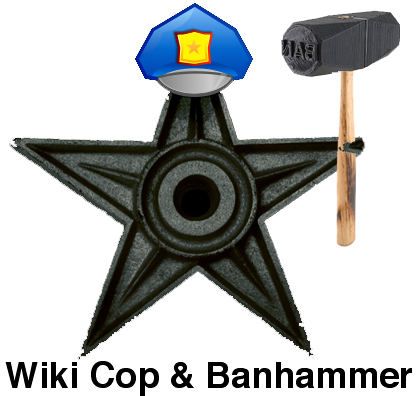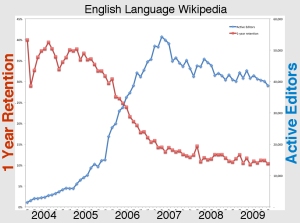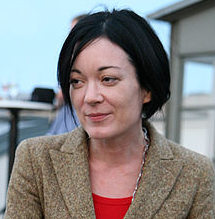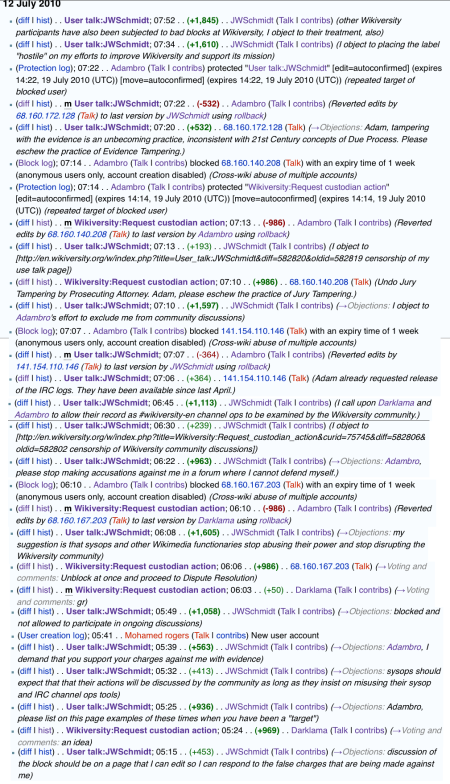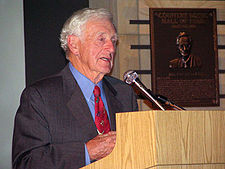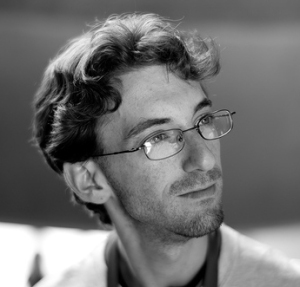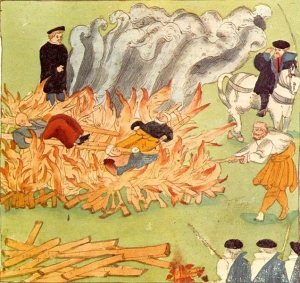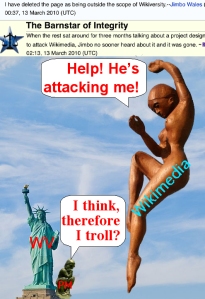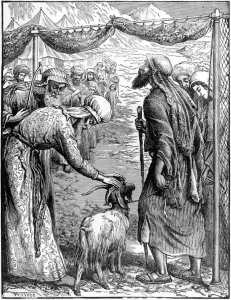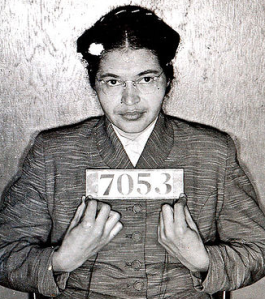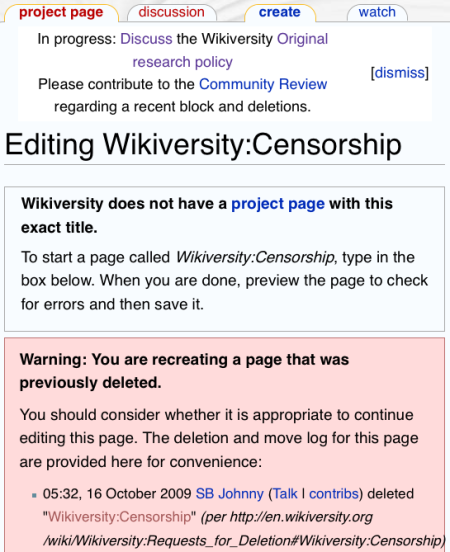In the previous blog post, I mentioned abusive Wikimedia Functionaries, with particular emphasis on misguided sysops. Abusive sysops drive away honest Wikimedians while attracting more misguided souls who want to be Wikicops who can play with their toy banhammers.
Here, in this post (Part I of a two part series), we can also explore the actions of misguided stewards who systematically disrupt the educational mission of the Wikimedia Foundation.
Two primary technical tools of the stewards are blocking and oversighting. Stewards are also responsible for extending or removing administrative privileges to other WMF functionaries, in accordance with the Guidelines for Stewards.
The block tool makes it possible to prevent vandals from editing at wiki websites. At Wikiversity, since the Hostile Takeover in 2008, the block tool has also been used to block fellow Wikiversity community members. It is interesting to read the reasons that are given for blocking well-known and long-standing wiki community members. The first such block at Wikiversity was for “intentionally being offensive.” We can ask what the blocking sysop thought was “offensive.” Here is how the blocking sysop described the situation: “Moulton’s like that uncle who always gets drunk and acts inappropriately at family gatherings“. What is an objective account of the situation?
Some Wikipedians violated the Wikimedia Policy on Biographies of Living People (BLPs, for short; see this account). Some of the policy-violators from Wikipedia had gone to Moulton’s otherwise obscure personal blog to harass him and thereby revealed that they were using their work computers to carry out online harassment. In an effort to save their jobs, they wanted to prevent Moulton from linking to his personal blog where there was evidence that they had violated the terms of their employment.
Moulton was stalked off-wiki by misguided Wikimedians who subjected him to vicious online harassment. Why? Because Moulton objected to their violation of the Wikipedia policy on Biographies of Living People. Moulton was unjustly blocked from Wikipedia, in a sham action without due process, for trying to fix damage done to Wikipedia and to the subjects of BLPs by policy-violators.
Moulton found his way to Wikiversity and worked with the resident scholars there on a learning project that explored how it is that Wikipedia can be exploited to publish false information about people. After diagnosing the systemic corruption, Moulton proposed a remedy based on the introduction of Best Practices for Managerial Ethics for WMF-sponsored projects, to ensure that the projects remained true to the published Charter, Vision, Mission, Values, and Policies of the Wikimedia Foundation.
One of the policy violators from Wikipedia created a puppet account and began disrupting the learning project that was exploring ways to improve Wikipedia. Another such puppet account was created and declared the intention of getting a Wikiversity community member banned from participating. Several disruptive Wikipedians came to the Wikiversity community chat channel and tried to get Moulton banned.
Jimmy Wales, then a steward, blocked Moulton.
Here is how one “insider” described part of the secret off-wiki decision-making process that led to this bad block:
1. Jimbo threatened to shut down Wikiversity if we didn’t block you.
2. We told him no.
3. Jimbo threatened to shut down Wikiversity if we didn’t block you.
4. We told him that if he was so interested in you being blocked, he should do it himself.
5. Jimbo blocked you, and said it was done on our behalf.
Steward actions must be transparent and respect consensus at wiki communities. Jimbo set the standard for misguided application of the steward tools. The disruptive effect of Jimbo’s misguided use of his stewards tools was discussed previously.
The part of this story (Jimbo’s Misadventure) that has yet to be revealed is how a gang of BLP policy-violators from Wikipedia managed to game Jimbo into imposing a bad block at Wikiversity, a block imposed against consensus, a block imposed on a Wikiversity community member who had not violated any policy. Will Jimbo ever tell the world who asked him to block Moulton? Who continues to try to hide the truth? Who continues to try to silence Moulton?
More videos about the sad and abusive culture of Wikimedia wikis.
Sadly, misguided stewards like Jimbo frequently make decisions in secret and implement them against community consensus. There should be an exploration of Wikimedia Stewards, their misguided actions and the vast damage that they have done to the mission of the Wikimedia Foundation…but who has the time to try to fix such a corrupt system? Worthy of investigation:
Jafeluv, Eptalon, Matanya, Barras, Laaknor, PeterSymonds
Your failure to understand basic policies seems to be a violation of policy
2010: Jimbo again threatened to close Wikiversity. And why not? It worked wonders in 2008! Related reading.
2011: Is there openness as long as decisions are made in secret, off wiki, about how to block and ban honest Wikimedians?
Image credits: The Wikicop Barstar was made using 3D-printed-ban-hammer.jpg by Eagleapex and Barnstar Admin.png by Carn et al
